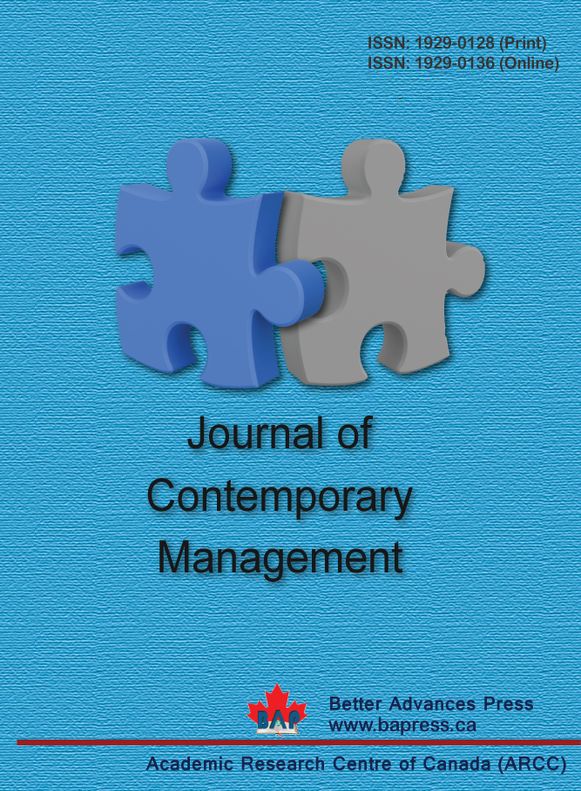Efficient Market Hypothesis and Fundamental Analysis: An Empirical Test in the European Securities Market
Abstract:
This paper is to make a contribution to the empirical analysis of the efficient market hypothesis, specificallytoappraise the potential of fundamental analysis as a predictor of abnormal returns followingdividendannouncementsinEuropean financial markets.Theauthorsuse asample of 1,708 manufacturing and service businesses. The findings obtained are evidence that fundamental analysis does help predict abnormal returns, that the prediction model is barely influenced by the overall economic cycle and that the efficiency level of the European financial market is not of the semi-strong type. The misalignment observed between the market prices and fundamental values of securities may either be traced to the inability of investors to correctly interpret and use the information that is made available or, and even more probably, to the fact that economic agents adopt principles and procedures other than those recommended by traditional theorists. The findings have led to the emergence of behavioural finance, a discipline which emphasises the irrational conduct of many investors in financial markets, as well as their tendency to underrate the risks associated with given investments on the wrong assumption that events held tobeassociatedwithdisclosedinformationwillultimatelybeaverted.
Keywords:
Information, Marketefficiency, Fundamentalanalysis, Europeansecuritiesmarket, Abnormalreturns, Dividendannouncement
JELClassifications:
G14,G12,G15
Citation as:
Francesco Campanella, Mario Mustilli, and Eugenio D'Angelo (2016). "Efficient Market Hypothesis and Fundamental Analysis: An Empirical Test in the European Securities Market", Review of Economics & Finance, Vol.6, No.1, pp. 27-42.




 This Journal is under the license of CC-BY-SA.
This Journal is under the license of CC-BY-SA.